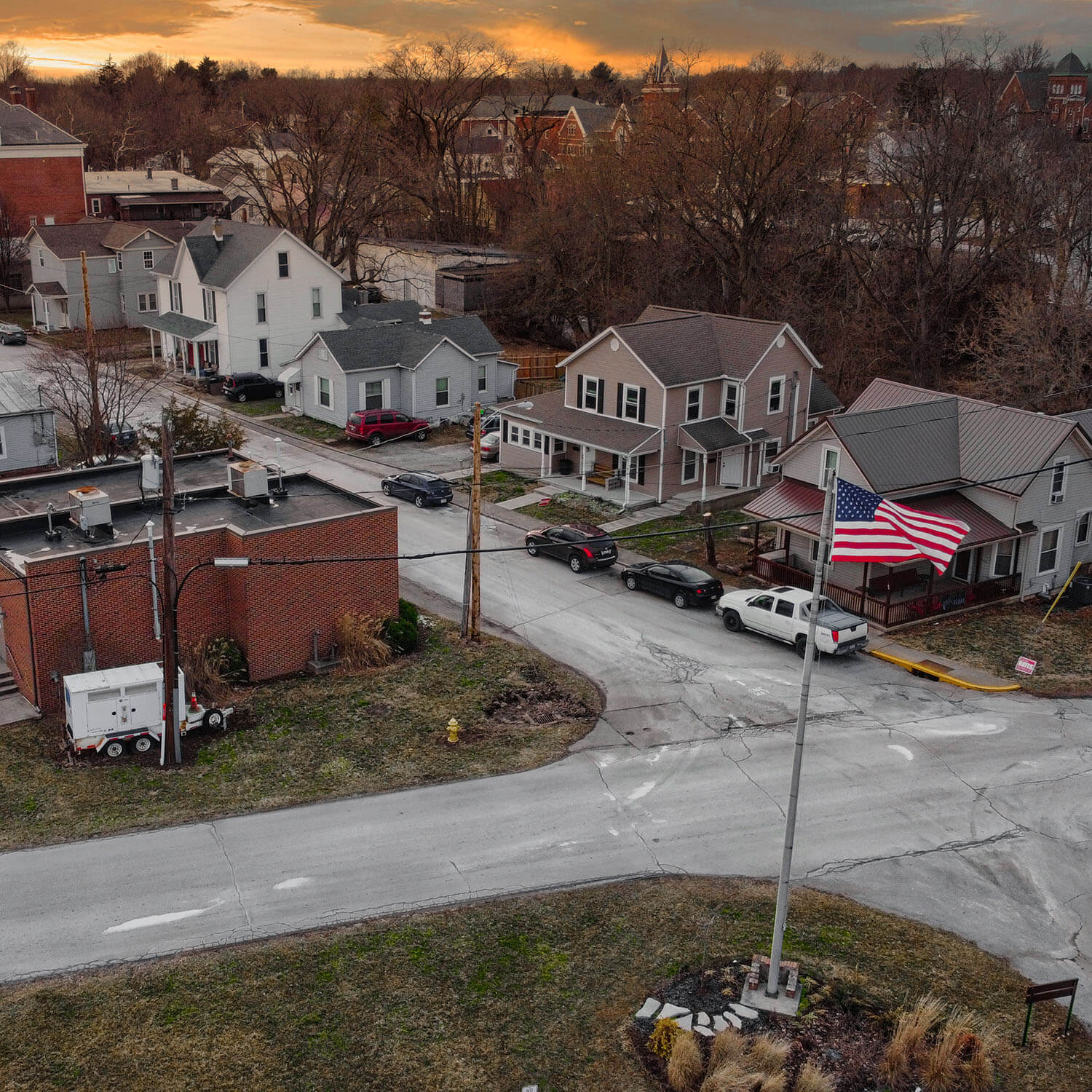Venturing into the housing market, especially for the first time, can be intimidating and difficult to navigate without a financial expert in your corner. Especially because a home represents the single-largest purchase you will make, with the national average of a starter home coming in at $230,100.
But you’re in luck—community banks are uniquely equipped to help you throughout the home buying journey. When you talk with your local community banker, you can ask questions specific to your circumstances and needs, set a realistic budget, and walk through all your lending options.
“We can help you explore different mortgage programs that allow you to maximize your investment,” said Sarah Getzlaff, CEO of Security First Bank of North Dakota and third-generation community banker. “People also move more today. So even if you find a neighborhood that you love, perhaps you buy a smaller home in that area and then plan for another move a few years down the road, especially if you are looking to add to your family.”
Your community banker is just an email, call, or text away, but in the meantime, here are some basics that can help guide you on your way.
Credit Scores: Your credit score is important in securing a loan; however, there are other factors (like income and savings) that are also relevant. If utilizing a government program (such as those backed by the Federal Housing Administration or Department of Veterans Affairs), a lower minimum credit score around 660 and up is typically accepted. When it comes to conventional loans, the minimum is a little higher at 690 and up. Need to improve your credit score? Your community bank can provide you with actionable tips that will help.
Debt-to-Income Ratios: In addition to a solid credit score, you must also have a good debt-to-income ratio. Typically, this is 43% or lower, but lenders will consider higher ratios with compensating factors, such as a down payment of 10% or more, reserves, or a strong credit score. A community banker can take a closer look at your situation and provide recommendations for leveraging your financial strengths.
Loan Programs: For first-time home buyers, quality options for financing are Federal Housing Administration, Department of Veterans Affairs, and USDA Rural Housing loans from state and local housing finance agencies. Qualifying for conventional
loans is possible with a down payment as low as 3% of the purchase price.
Additionally, most states and counties have housing finance agencies and special programs that can assist with down payments and closing costs. By working with a
community bank that’s tapped into localized programs, you can ensure all available information and pathways will be made available to you. You never know—this inside knowledge can lead to major savings.
Fixed-Rate vs. Adjustable-Rate Mortgage: Generally, a first-time homebuyer will be better off with a fixed-rate loan. Typically, you should only consider an adjustable-rate loan when the initial rate is fixed for at least the first five years. That being said, interest rates are always in flux, and your community banker can help advise on what provides the best opportunity for you.


